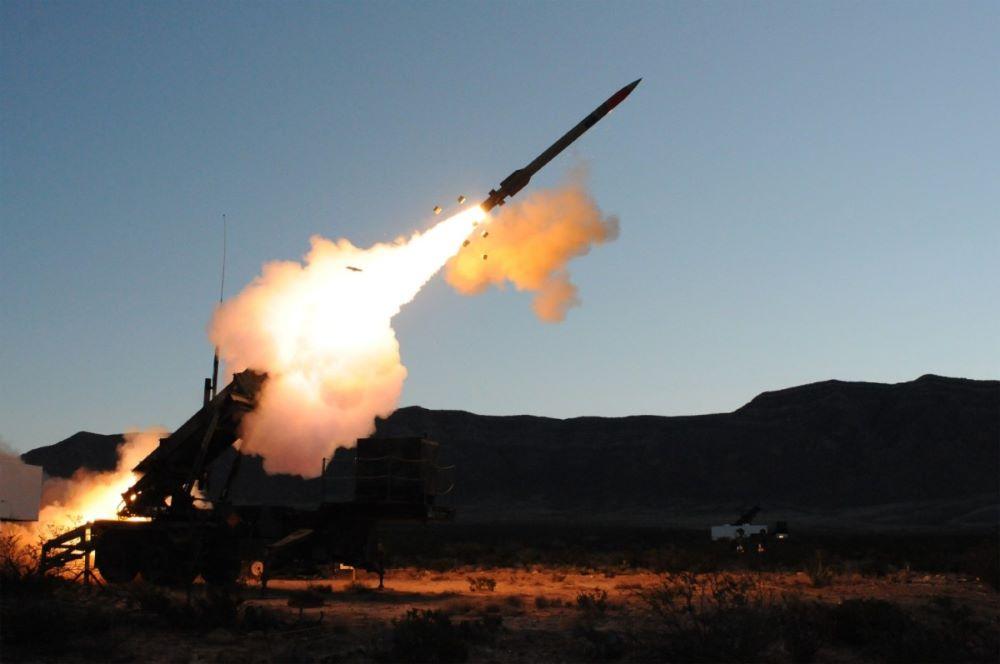
Patriot PAC-3 MSE interceptor.
Credit: U.S. Army
The Pentagon on July 2 confirmed it has paused shipments of military aid to Ukraine as part of a broader review of the department’s decreasing stockpiles and to ensure its aid policy matches President Donald Trump’s agenda. Pentagon spokesman Sean Parnell said during a briefing that the capability...
Subscription Required
Pentagon Confirms Pause, Review Of Ukraine Aid is published in Aerospace Daily & Defense Report, an Aviation Week Intelligence Network (AWIN) Market Briefing and is included with your AWIN membership.
Already a member of AWIN or subscribe to Aerospace Daily & Defense Report through your company? Login with your existing email and password.
Not a member? Learn how you can access the market intelligence and data you need to stay abreast of what's happening in the aerospace and defense community.





